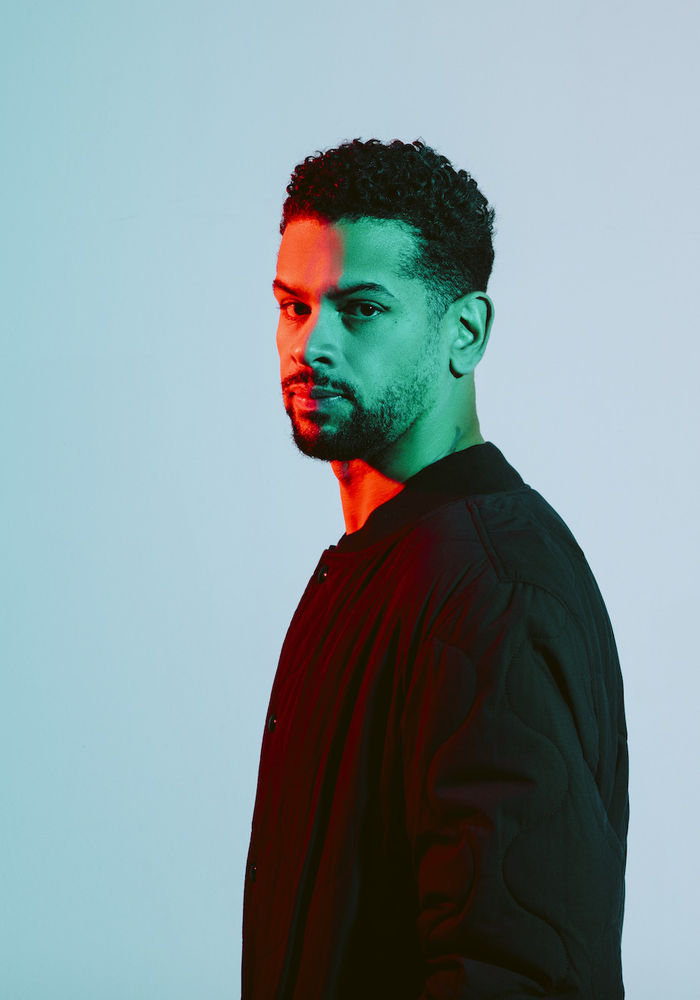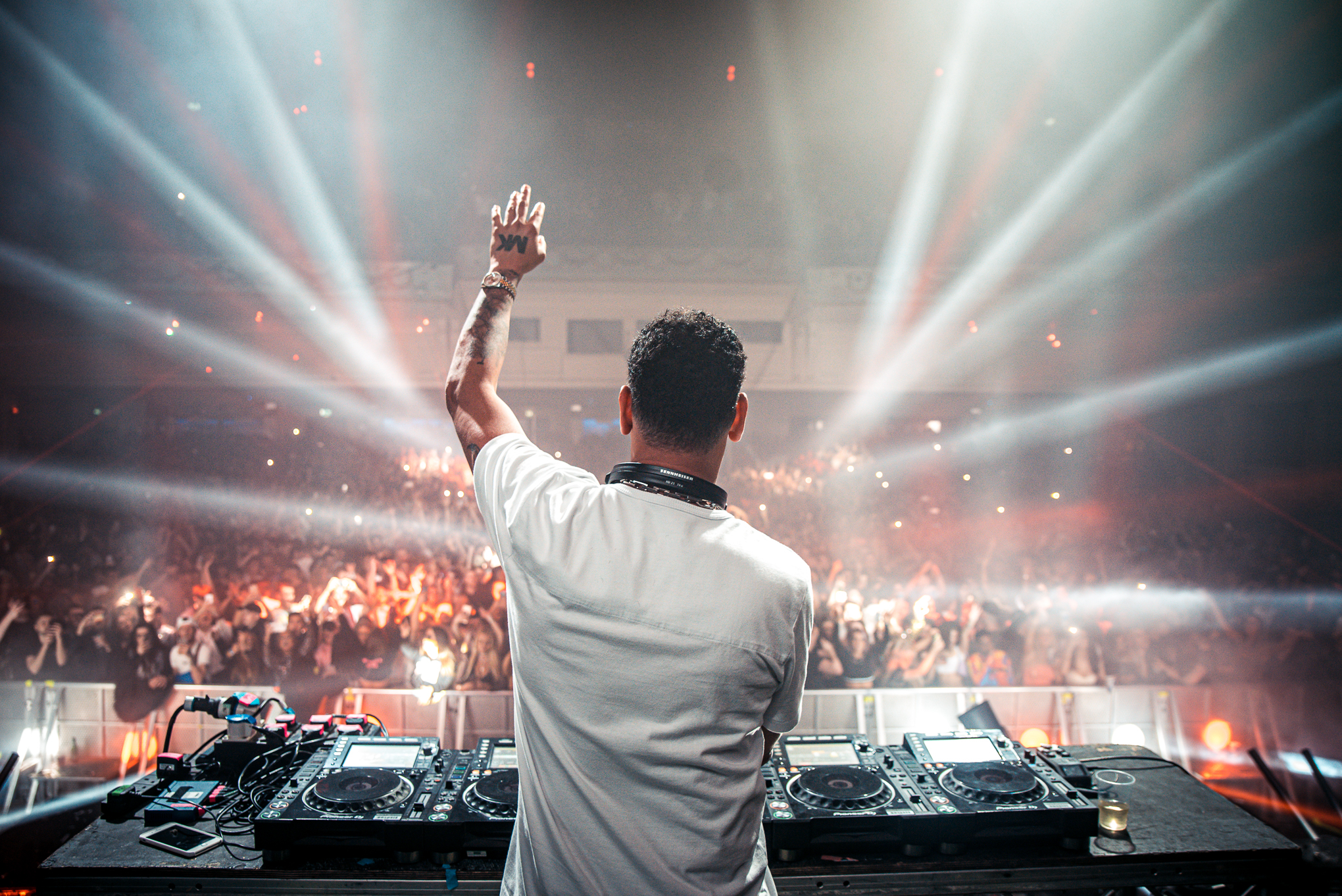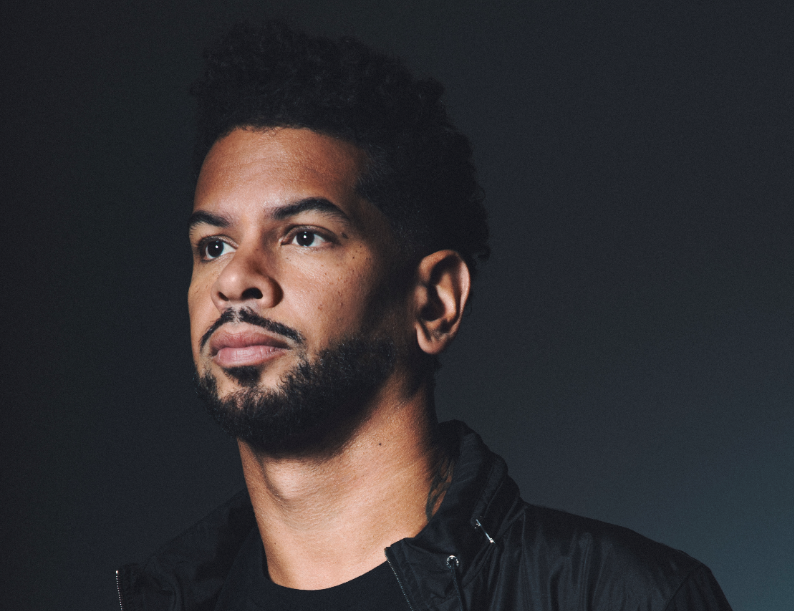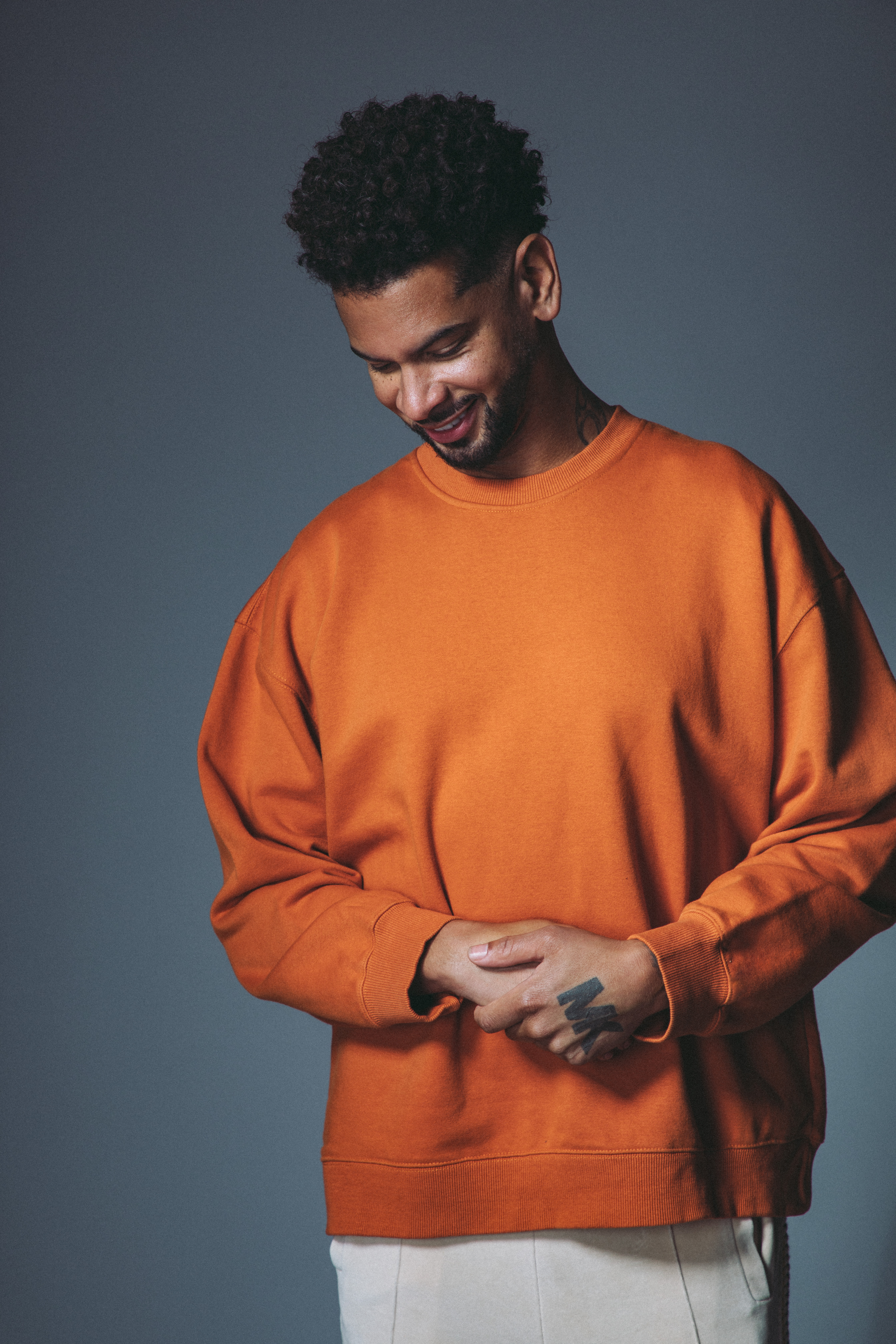When one thinks about dance music from the last few decades, a number of huge names spring to mind. One of those who continues to break new ground, having established himself as an idolised figure in the genre, is Marc Kinchen, often simply better known as MK. The Detroit-born producer, remixer, DJ and record label owner is this year set to release his long-awaited debut album, which provided Headliner the perfect opportunity to learn more about his recent collaboration with a certain high-end car brand, how he’s pushed the envelope with his sound over the years, and what to expect from the legendary house guru as live music returns in 2021.
After having so much on his plate over the last few years, and despite the challenges of quarantine, Kinchen has been using the pandemic as his chance to take some well-earned time off from airport hopping, and has instead enjoyed spending some time at home with his kids. One thing he has been missing dearly, however, is playing to a live crowd.
“Earlier in my career I didn’t DJ, so I never really had the luxury of being able to utilise the crowd energy, and then take that back into the studio with me,” Kinchen reveals. “But in the last seven or eight years through DJing, I’ve learned what the crowd likes, and it informs me of what’s coming up in the future sound-wise so I can stay ahead of the curve.”
And not only has MK stayed ahead of the curve, he has bashed it into submission - releasing two massive singles, Piece Of Me and 17, over the last few years and playing them to enormous audiences at a number of big festivals. The latter has sold more than one million copies in the UK alone.
“But because there’s been no shows,” he continues. “I’ve changed the production for the recent singles, and not really focused on a live setting single. People are listening to music in a different way at the moment, so that changes your perspective when it comes to making a track.”








